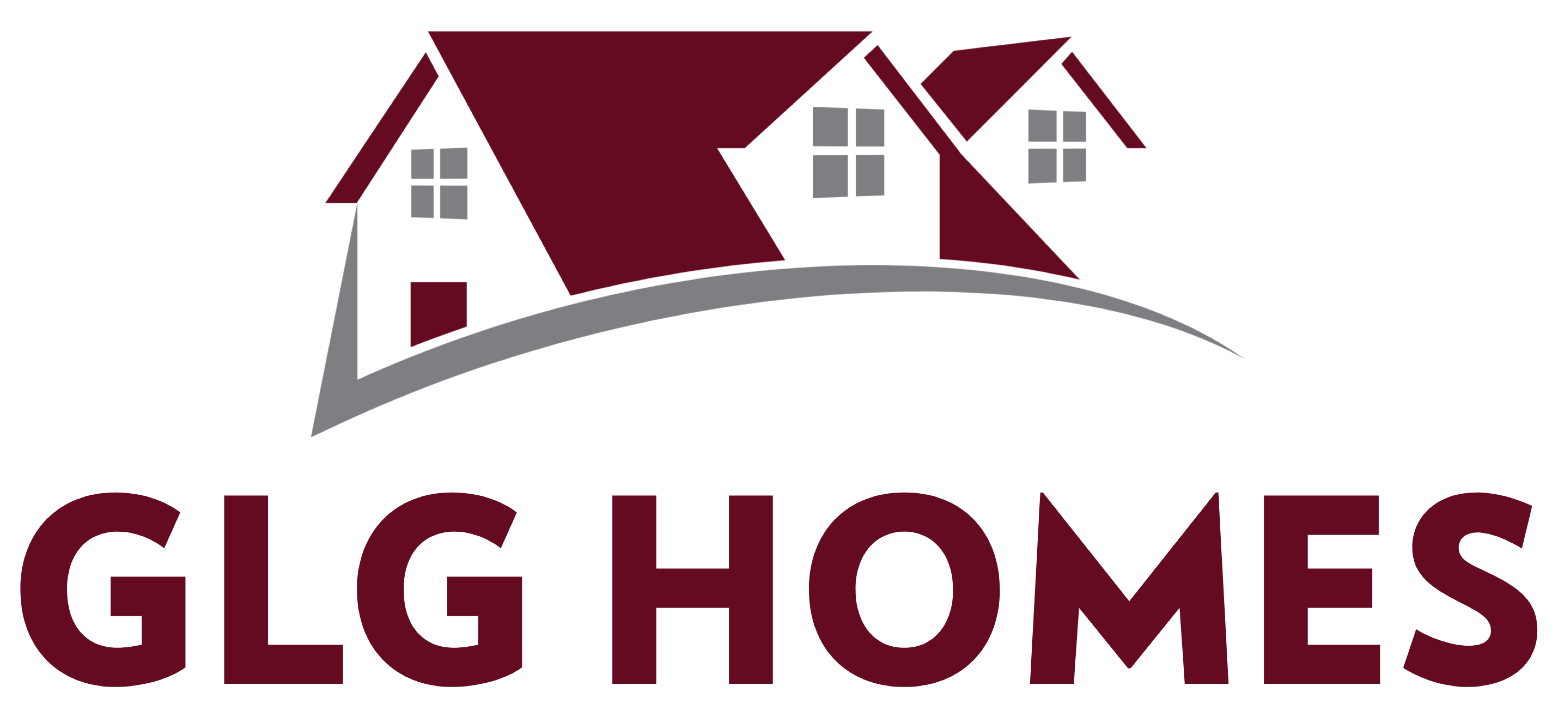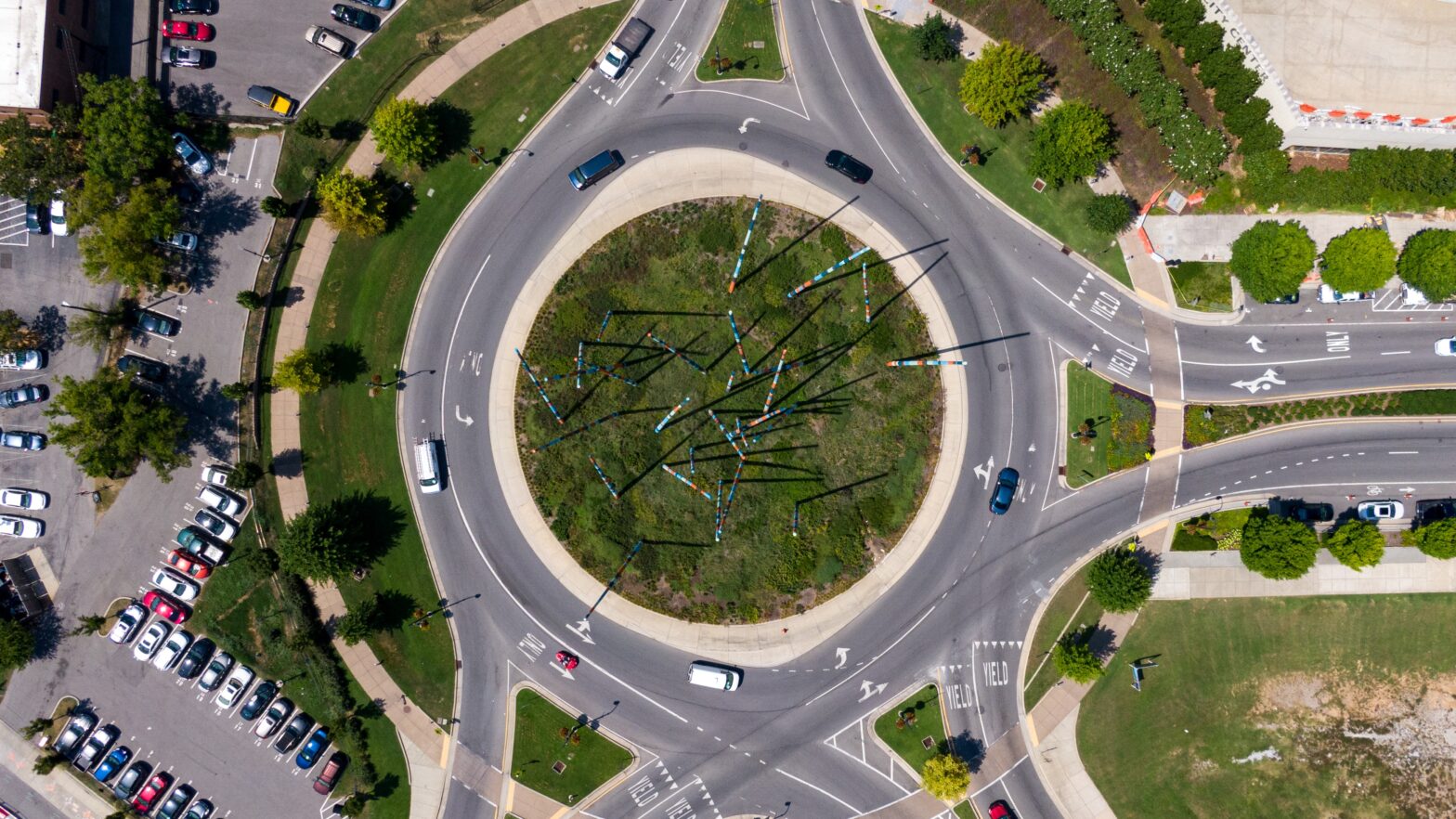Selling your house by wholesale can have good, bad or just a plain ugly result
We all get the calls and text messages. “I want to buy your house with cash and close quickly.” Yes, even investors (like us) get these calls. And working with a wholesale real estate investor can be a great outcome for a seller (or other investor buyers). A well qualified, reputable wholesale real estate investor will be able to put forward a fair market value offer that helps you, the seller, meet your goals. And, helps that wholesaler to earn a profit on the deal. But, for every good outcome there are many bad outcomes and some really, really ugly results. How do you get the deal that works for you?
What is wholesaling?
A wholesale deal can result when a property owner agrees to sell their house to a real estate investor for a price. That investor can then market the contract that property, for a higher price, to other investors. Once another investor has agreed to assume the contract for new price, the wholesaler is paid the difference between the price agreed upon with the seller and what will be paid by the investor. The key is the “right of assignment”. As long as the seller and the wholesale investor have addressed the assignment clause on a purchase agreement, the wholesale investor is able to market the contract.
Who’s involved in a wholesale deal?
Completing a wholesale deal takes the same people and roles as a regular transaction. While some of these roles may vary from state-to-state (e.g. Connecticut has separate roles for title company and attorney but in Maine the title company is the attorney), but the premise is the same.
- Property owner (Seller)
- Real Estate Investor #1 (Wholesaler)
- Real Estate Investor #2 (Investor Buyer)
- Title Company – required to confirm that there is a clean and marketable title (seller doesn’t have someone who can claim rights to the property)
- Attorney – required for closing of the transaction
- Financing / Lender – may be involved if not a cash sale with Investor #2
- Inspection – if contractually agreed upon in the purchase agreement, will be a third party contractor
- Appraiser – if Investor #2 is using a lender for the purchase, that lender may require an appraisal
Is it even legal to wholesale real estate?
Laws that affect the process of a wholesale deal can vary from state-to-state, but overall – yes. It is legal. No different than agreeing to purchase something (like a set of tires) from someone and the “re-selling” that to another person for a higher price. The key is the contract language and the depth of the wholesale investors ability and network. A well established real estate investor may prefer to purchase and renovate but will periodically assign a contract to another investor for a fee. But the investor has the ability to fulfill the sales contract if they cannot find another investor for the contract assignment.
How does it benefit the seller?
For the seller, there is no downside on the final price. If the property owner agrees to sell the house for $100,000 and the wholesale real estate investor is able to assign it to another investor for $110,000 – the seller is still paid $100,000. There is no change in price. The only sale price change would come if the property owner and the new (investor) buyer negotiate a different deal. The wholesale investor would still receive the agreed upon fee from the investor buyer. But there is a risk to the seller if the wholesale real estate investor doesn’t have the ability to complete the purchase. Or, if they cannot market it to a network of other real estate investors who are interested and able to purchase.
Wait, they’re not buying my property?
A bad outcome is when the sale get delayed. Delays can occur for simple reasons such as liens that are yet resolved or title issues. Headaches, but manageable. Unfortunately, there are ugly outcomes. Namely, canceled deals. Quite a few wholesale investors get their start in real estate because it is the least demanding use of capital. Wholesale investors need to allocate their funds to finding sellers. Many wholesale investors are not looking to renovate and resell the house. They don’t have the funds or the experience to do so. Which is where the risk to you, the seller, comes in. An inexperienced wholesale investor may not be able to get the contract assigned to another investor. And, without the experience or funds to purchase the house, they have to cancel the sale with the property owner. This can create difficulties, potential legal issues, if not handled correctly.
Sell your house with confidence
At GLG Homes, we have systems in place to avoid negative situations. And, we have a fundamental policy that we always start out with the intent to purchase the property and renovate it. Wholesaling a property is always an option, but not our starting point. And, we are upfront and transparent with property owners. We make sure you know what we are doing. If we think the property is suited to another investor we know in our network, we will be upfront with the homeowner that we plan to assign the contract and collect a fee (from the buyer investor). We take every step and measure possible to avoid canceling a contract. We want to help you get your property sold with confidence.
Thanks,
g.

